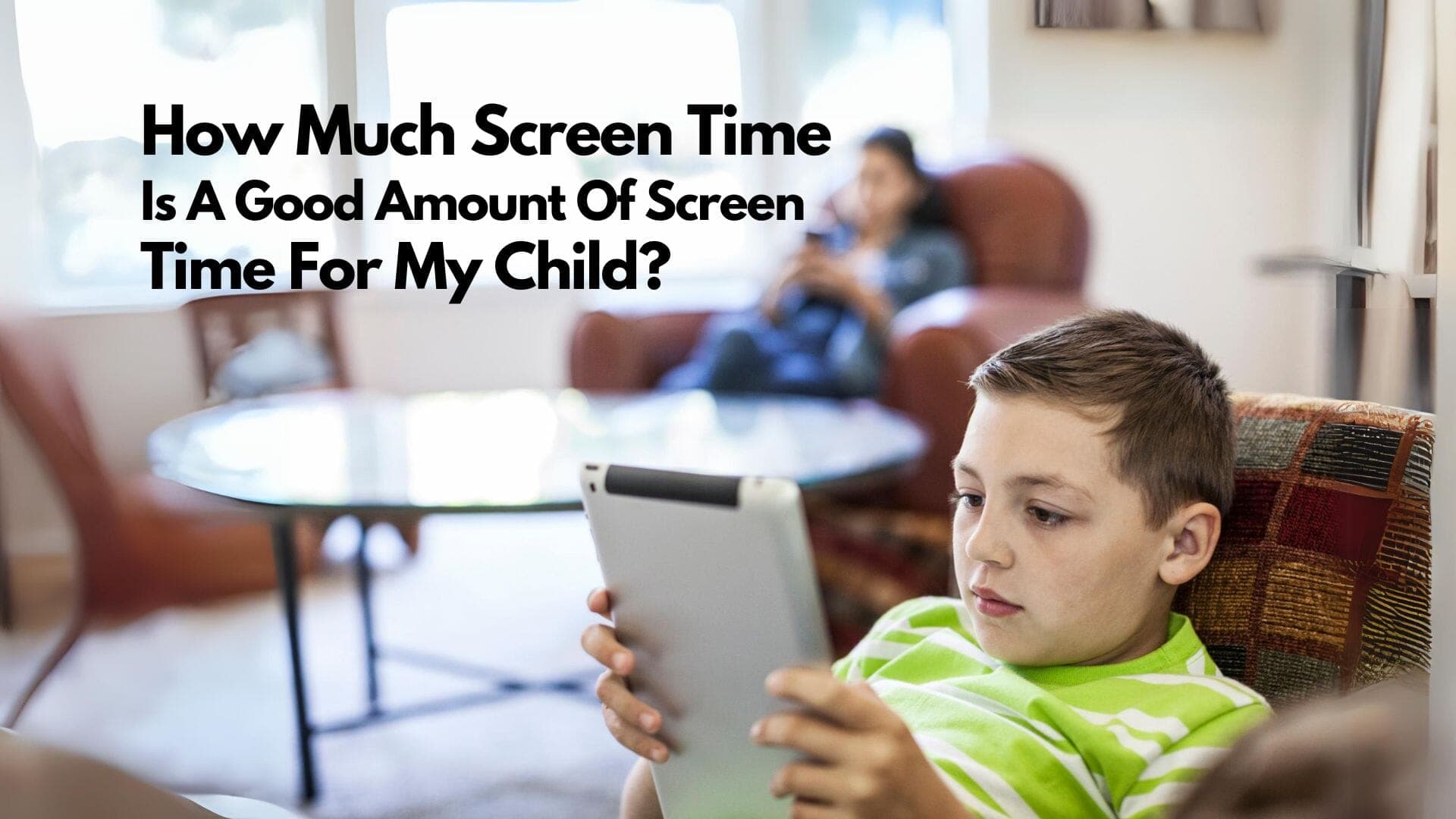As a parent, it's natural to be concerned about the amount of screen time your child or teenager is getting. With so many devices and screens easily available, as well as there being many constructive uses for them, it can be hard to know how much is too much.
The American Academy of Pediatrics recommends that toddlers under the age of two have no screen time, and that children over the age of two should have no more than one hour of screen time per day. However, these guidelines are just a baseline determination and may not be appropriate for every family. However, one of the main universal concerns about screen time is that it can lead to a sedentary lifestyle, which can contribute to obesity and other health problems. It can also interfere with sleep and social interaction and may lead to difficulty with problem-solving and decision-making skills. On the other hand, screens can also serve as educational outlets as well as provide a source of entertainment. It's important to achieve a balance and ensure that screen time is not the only activity your child engages in.
What are the risk factors?
While it might be challenging to draw a direct link between excessive screen time and health problems due to the wide range of variables that can affect any one child or teenager, here are some possible complications:
Weight Gain
"Many observational studies indicate connections between screen media exposure and increased risks of obesity," claims a 2017 study published in the Journal of Pediatrics. This link is related to screen-related activities, such as more eating while viewing, influence from exposure to advertisements for unhealthy foods and beverages, and less sleep.
Less Time Being Active
The fact that excessive screen time may cause kids to engage in less physical activity is another factor that could contribute to weight gain. A randomized clinical trial found that "recreational screen media restriction intervention resulted in a significant increase in children's participation in physical activity,” according to JAMA Pediatrics in 2022. Another study indicated that viewing less TV was one of the indicators of a reduced body mass index (BMI), published in the scientific Journal Obesity 2014.







